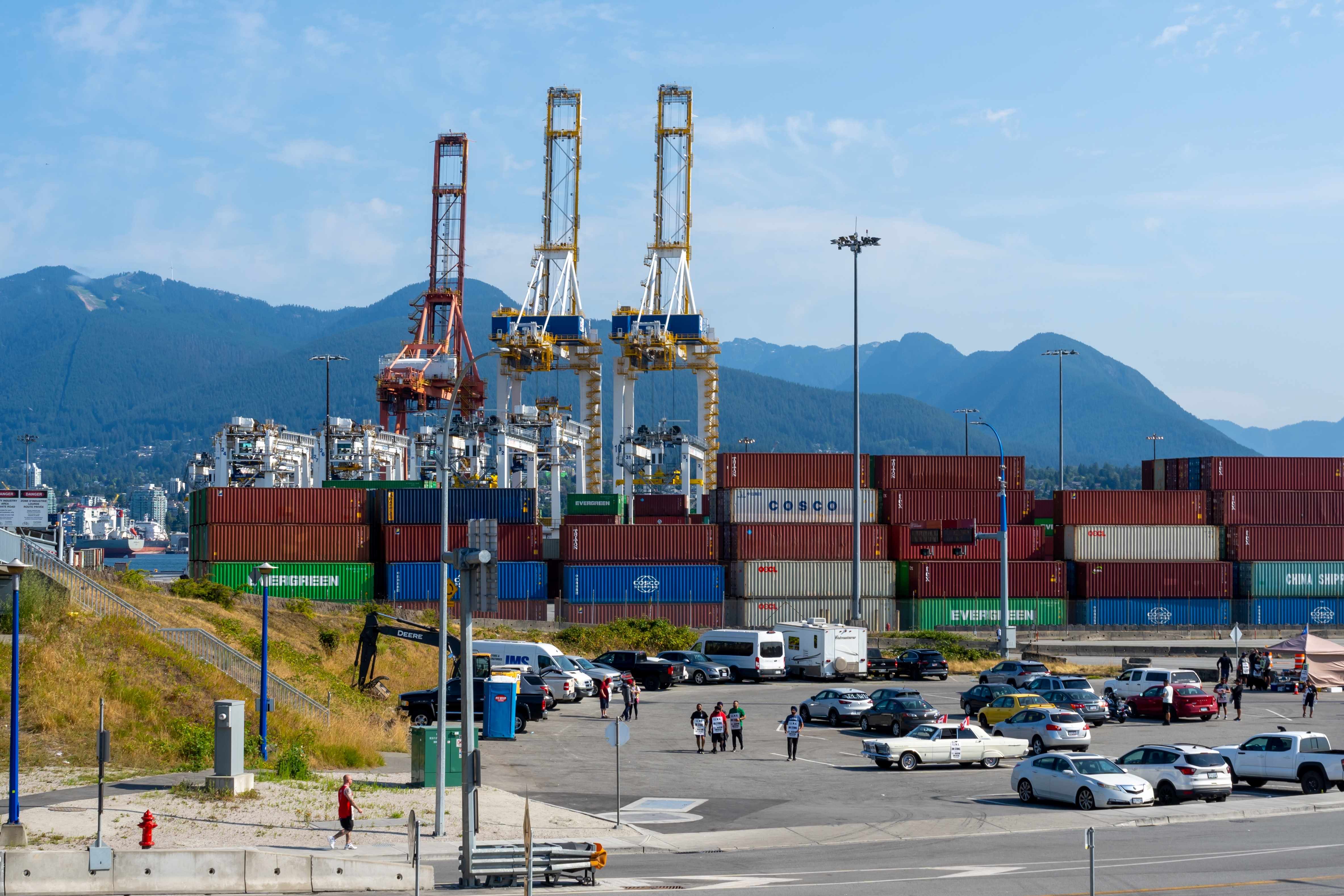Summer of strikes in US and Canadian ports offer lessons for shipping
Leadership Insights Newsletter story
Shipping leaders should take note of the way recent transport strike action has occurred and been resolved as workers continue to face high inflation and stagnant wages.

Shipping leaders should take note of the way recent transport strike action has occurred and been resolved as workers continue to face high inflation and stagnant wages.
The biggest ports in the US and Canada have suffered from serious disruption since April after negotiations to renew contracts with workers in Vancouver and at 29 US West Coast ports broke down.
While long-winded resolutions have finally been achieved in Canada and the US (disputes were resolved after five months and just over a year respectively) the activity has sent shockwaves through both country’s supply chains. Importers and exporters were forced to reroute their shipments to East Coast and Gulf Coast ports, and, this in combination with post-pandemic congestion, saw the share of container imports and exports at West Coast ports fall from 45% in 2019 to around 42% in 2023, according to Descartes Datamyne.
A senior executive at the Vancouver Fraser Port Authority told ICS Leadership Insights that the strikes had disrupted port operations and anchorage capacity, halting the movement of around C$800 million worth of cargo each day. Although agreements have been reached for now, these summer strikes may foreshadow more labour action in the future. Similar strikes have occurred in the UK, France, and Germany this year.
Speaking with ICS Leadership Insights, Guy Ryder, Under-Secretary General for Policy at the United Nations cautioned against exaggerating the situation. He attributed the strikes, in part, to inflation, noting that wage increases become crucial when approaching near-double-digit inflation rates, as they are in the UK. To address these issues, Ryder emphasised the need “to take seriously the way workers and employers collectively interact to make sure working conditions are fair”. Pulling on his former role as Director-General at the International Labour Organization he stressed resolutions are possible if both sides “sit down together with the right commitment and get a dialogue going”.
Notably, the strikes haven’t been limited to port workers but have extended across the supply chain, posing risks to the flow of goods and national economies. In August, the International Brotherhood of Teamsters, representing over 300,000 United Parcel Service (UPS) employees, ratified a labour agreement with the major shipping company, narrowly avoiding strikes that could have had a significant impact on the US economy.
Sean O’Brien, the union’s president, hailed the contract as the most lucrative ever at UPS, setting a precedent for worker compensation and protection. He urged non-union companies like Amazon to take note.
Meanwhile, after monthslong negotiations between US trucking firm Yellow Freight and the Teamsters union broke down, one of the US’ largest trucking companies ended its operations on 30 July and filed for bankruptcy on 6 August. Existing freight companies will seek to absorb Yellow Freights business, and while a supply chain crisis does not look imminent it will likely push up higher shipping rates to retailers and manufacturers.
Steve Cotton, general secretary of the International Transport Workers’ Federation, told ICS Leadership Insights that a core lesson for both companies and governments to learn is that transport workers are demanding recognition and respect for their pivotal role in the economy. “Workers are saying enough is enough and demanding a fair share and redistribution of record profits being delivered across supply chains”, he said. Shipping must “work together” to make the industry attractive to workers, and part of that is ensuring pay that reflects their “critical contributions to the global economy”, Cotton stressed, especially after the conditions seafarers’ experienced during the pandemic, some of which, like restricted access to shore leave, still continues to date.


